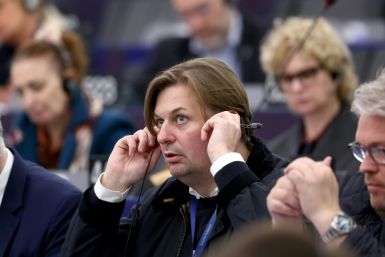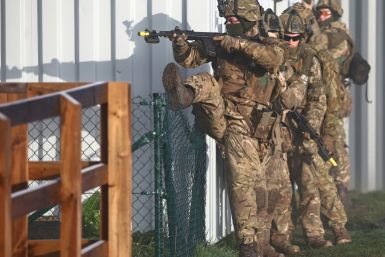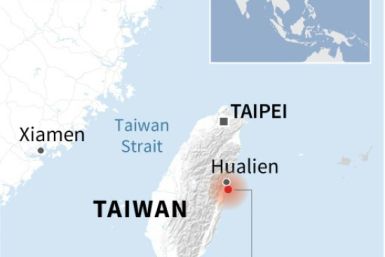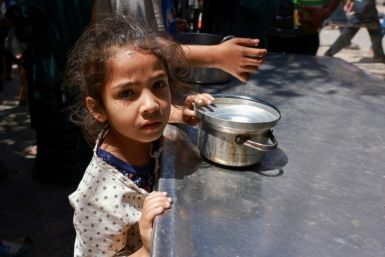Studies showed that treatment is more cost-effective than incarceration
Studies showed that treatment is more cost-effective than incarceration
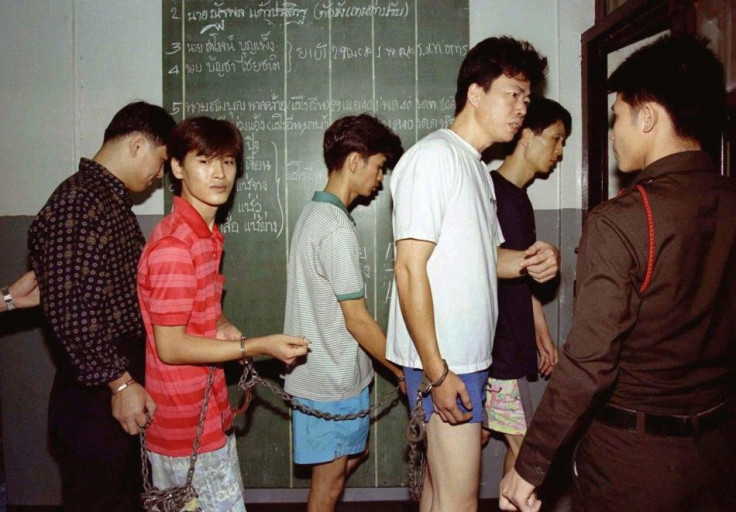
To combat illicit drug in Australia, there is a shift in paradigm strategies by the governments and the agencies for a new integrated approach. This took place after a new report dealing with ice has found that the current responses by governments as well as agencies have failed.
The Australian Strategic Policy Institute’s report argued that the traditional methods to tackle ice were unsuccessful and the new initiatives, one of them being the formation of the National Ice Task Force in 2015, were “at best holding some ground in the crisis.” The report further mentioned that the concern was not over consumption of ice, but the impact it had had on an individual as well as the community.
“Trying to target ice, or even ice use, while politically constructive, might prevent the development of strategies that are likely to have a greater harm reduction value,” said former Prime Minister Tony Abbott. The response was critical to the present situation, as he said to increase policing rather than looking for prevention and treatment, labeling it counterproductive and politically motivated, said a sbs.com.au report.
The advice of an earlier Parliamentary Library report on ice was also rejected by the former prime minister that said the drug treatment was more cost-effective than drug policing. Abbott believed that the police would “arrest their way out of the problem” as well as he allocated $1 million for a national hotline encouraging people to "dob in a dealer," but several studies have showed better outcomes constantly that treatment is more cost-effective than incarceration.
About 160,000 Australians are addicted to methamphetamine, including ice, which is the most potent form of the drug. It regularly grabs headlines for turning the users into psychotic, violent monsters with super-human strength, said the reports from the skynews.com.au Web site.
Contact the writer at feedback@ibtimes.com.au, or let us know what you think below.


